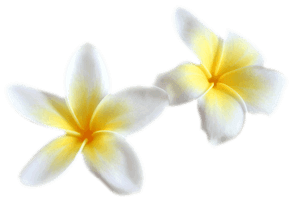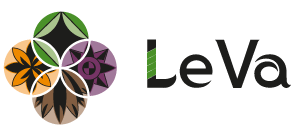- Home
- /
- Mental health and addiction
- /
- Supporting Parents, Healthy Children

Supporting Parents, Healthy Children
How do you shift a system, sector, services and staff to work differently? This is the challenge that the ‘Supporting Parents, Healthy Children’ initiative faces.
Many people using adult mental health and addiction services are parents. This initiative focuses on supporting them as parents, and to take more responsibility for promoting and protecting the wellbeing of children.
This is a significant shift for the adult sector; to move beyond an individual service-user focus and place more emphasis on the health and wellbeing of families and whānau.
The Supporting Parents, Healthy Children guidelines were recently published by the Ministry of Health to encourage a whole system to change the way it works to be more mindful of children and families. This is a considerably challenging task; for many adult services this is a new way of working. For other services who work in family-centred ways, to focus on the wellbeing of children is not so new.
There is a Tongan proverb that says.
Motu e va’a e taha. ‘Oku ongo katoa ia ki ke fu’u akau”; When one branch breaks the whole tree feels it.
In many ways this proverb encapsulates Pasifika understanding of why we must broaden the focus beyond single service users and also address the health and wellbeing of children and whānau.
Mental health and addiction vulnerabilities and challenges are often faced by whole families, not just individuals. International evidence indicates that the children of parents struggling with mental health and addition issues may face higher risk of poor health outcomes themselves. When children and wider families are ignored or are invisible during interactions with the mental health and addiction system, there are many missed opportunities.
Le Va is a part of a team, including The Werry Centre, Matua Raki, Te Pou, Abacus and Te Rau Matatini supporting this initiative.
Last month workshops were held in four of our major centres explaining how we plan to implement the guidelines. During these workshops, Le Va took the opportunity to share at a high level Tu Tonu, the CEP (Co-Existing Problems) assessment tool it has been developing.
Tu Tonu uses a metaphor of a tree in its environment to show that for Pasifika, who we are and how we are all connected is essential with regard to our wellbeing.
As the Samoan proverb says,
E le falala fua le niu, ‘ae falala ana o le matangi”; The coconut tree does not sway on its own but is swayed by the wind.
There were notable synergies between the metaphors and cultural metaphors of Pasifika and Māori approaches to this initiative. In addition, Whanau Ora was seen to be a complementary way of working.
There is a suite of tools to enable the sector consider the needs of children and support service users as parents. One of these is our EP (Engaging Pasifika) that teaches cultural competency skills about working with Pasifika families.
Le Va is excited to be part of this systematic shift towards healthy families, parents and children. Families and relationships have always been considered healthy and vital to wellbeing in Pasifika cultural contexts.






